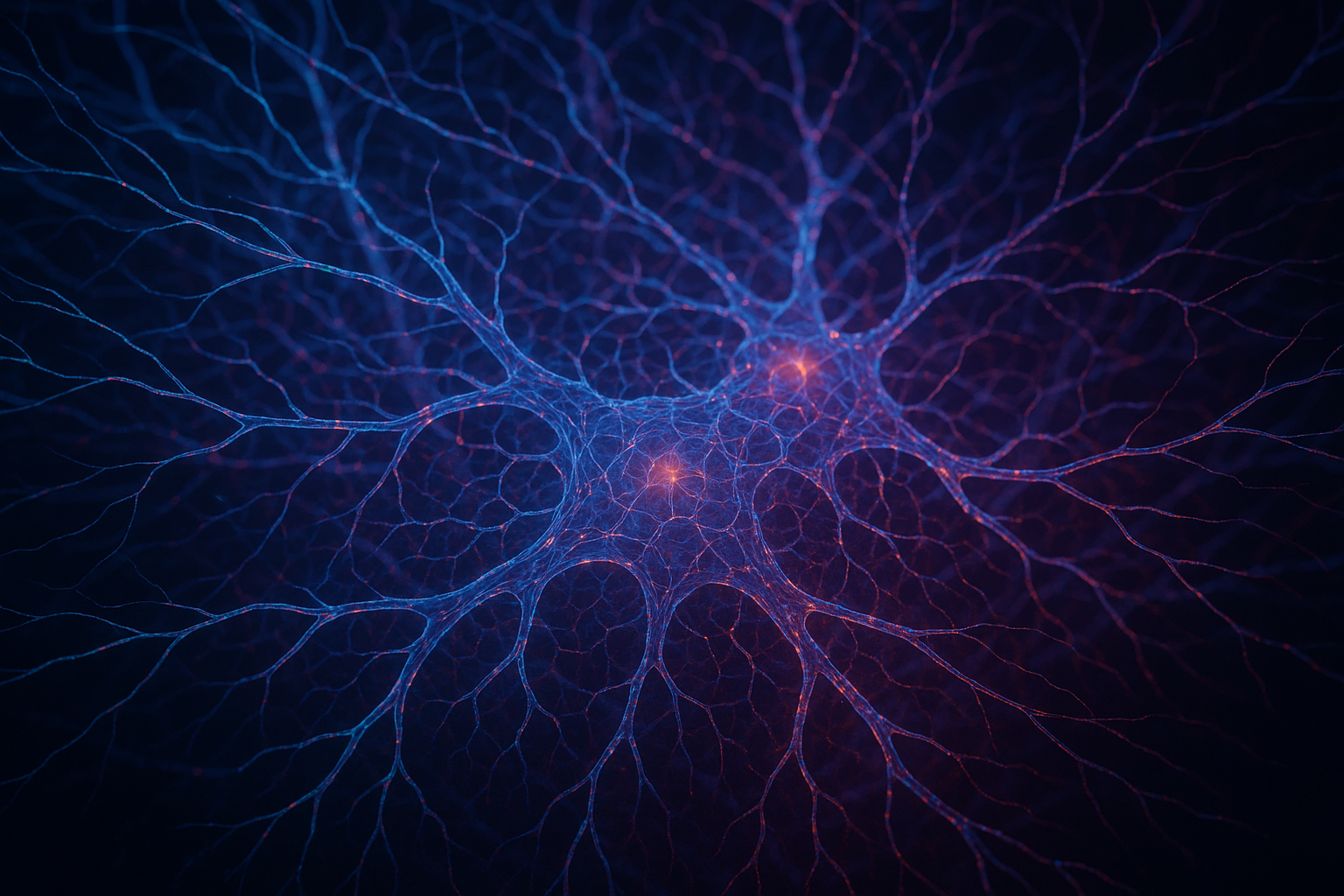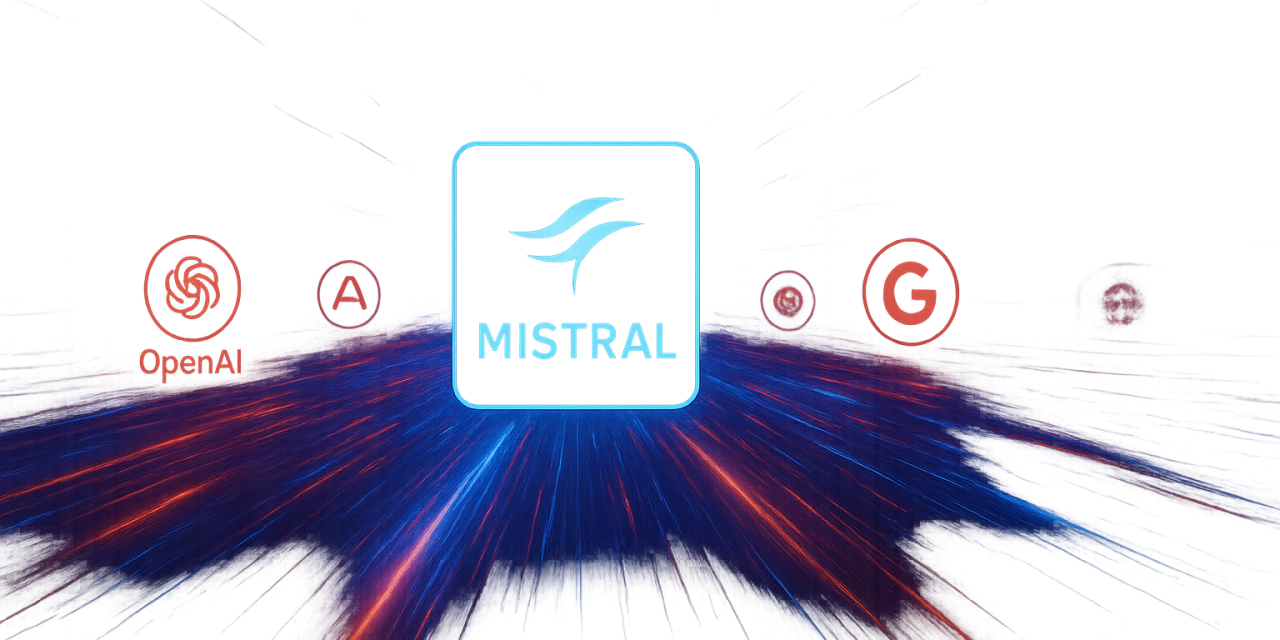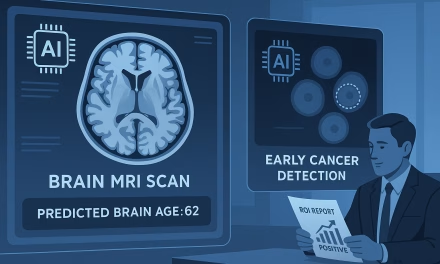The global race for artificial intelligence supremacy has a new and formidable contender. French AI startup Mistral has just released a new pair of AI reasoning models, a significant development that challenges the dominance of established players like OpenAI and Google. This move not only heats up the competitive landscape but also signals a new phase in the evolution of AI, where the ability to reason and perform complex tasks is becoming the new benchmark for success.
Mistral’s new models are designed to excel at logical reasoning, a critical capability for a wide range of applications, from scientific research and drug discovery to financial analysis and legal services. By focusing on reasoning, Mistral is aiming to address one of the key limitations of current large language models, which can often struggle with tasks that require a deep understanding of cause and effect, logical deduction, and multi-step problem-solving.
The release of these models is a testament to the rapid pace of innovation in the AI industry. It demonstrates that the field is not a monopoly of a few tech giants, but a vibrant ecosystem where new players can emerge and make significant contributions. This is good news for everyone, as it fosters competition, drives down costs, and accelerates the development of more powerful and accessible AI tools.
The implications of more advanced AI reasoning models are vast. In the field of health and wellness, for example, they could be used to analyze complex medical data, identify new drug targets, and develop personalized treatment plans. In finance, they could be used to build more accurate predictive models, detect fraudulent activities, and optimize investment strategies. In the legal profession, they could be used to analyze contracts, conduct legal research, and even assist in the drafting of legal arguments.
However, the development of more powerful AI models also raises important ethical considerations. As AI becomes more capable of reasoning and making decisions, it’s crucial to ensure that these systems are aligned with human values and that they are used in a responsible and ethical manner. The potential for misuse, from the creation of sophisticated disinformation campaigns to the development of autonomous weapons systems, is a serious concern that must be addressed through robust regulation and international cooperation.
Mistral’s latest release is a clear sign that the AI arms race is far from over. It’s a reminder that the future of AI is still being written, and that the next breakthrough could come from anywhere. As the competition intensifies, we can expect to see even more rapid progress in the development of AI, with profound implications for every aspect of our lives. The challenge now is to ensure that this powerful technology is used to create a better future for all of humanity.







